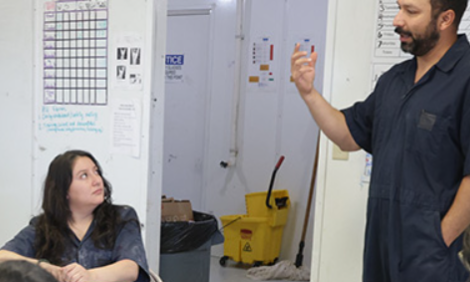



DNA offers insights into pig muscle development
Analysis of the genetic code of pigs provides insights into muscle growth to inform breeding selection.Analysis of pig DNA has offered insights into muscle growth, in a development that could provide tools to help predict growth in piglets and support pig breeding programmes.
Findings from the study could help use information about the genetic code to predict muscle growth in developing pigs, to ultimately produce litters with fewer very small piglets.
The improved knowledge of pigs’ genetic code will also underpin research into other areas of their development, health and welfare.
Frozen sample tests
Researchers from the Roslin Institute and the Centre for Tropical Livestock Genetics and Health sought to find and examine regions of DNA that regulate muscle development in piglets.
The team used a technique to study DNA in frozen tissue. They applied this to samples from muscle in piglets at various stages of development, to pinpoint regions of DNA that control activity in genes linked to muscle growth, and to study activity in these genes.
Variations in regions of DNA were observed between small and large piglets. These variations suggest a difference in how DNA is regulated – which in turn governs muscle growth – between large and small piglets.
Application of technology
Researchers hope to explore their data further to identify variations in the genetic code of pigs that are linked to growth, and better understand how these differences regulate the activity of key genes involved in muscle development, to inform pig breeding programmes.
The team’s method of analysis using frozen tissue could be applied to investigate how the genetic code of livestock controls their characteristics. As the method can be used on samples from frozen tissue banks this can help limit the numbers of animals used for research.
The research was published in G3: Genes, Genomes, Genetics.
"Pigs are widely farmed and it is important that we understand their biology, including detailed knowledge of their genetic code. Our findings help to improve understanding of the pig genome and will support further research to aid breeding selection programmes," said Dr. Emily Clark, The Roslin Institute.






